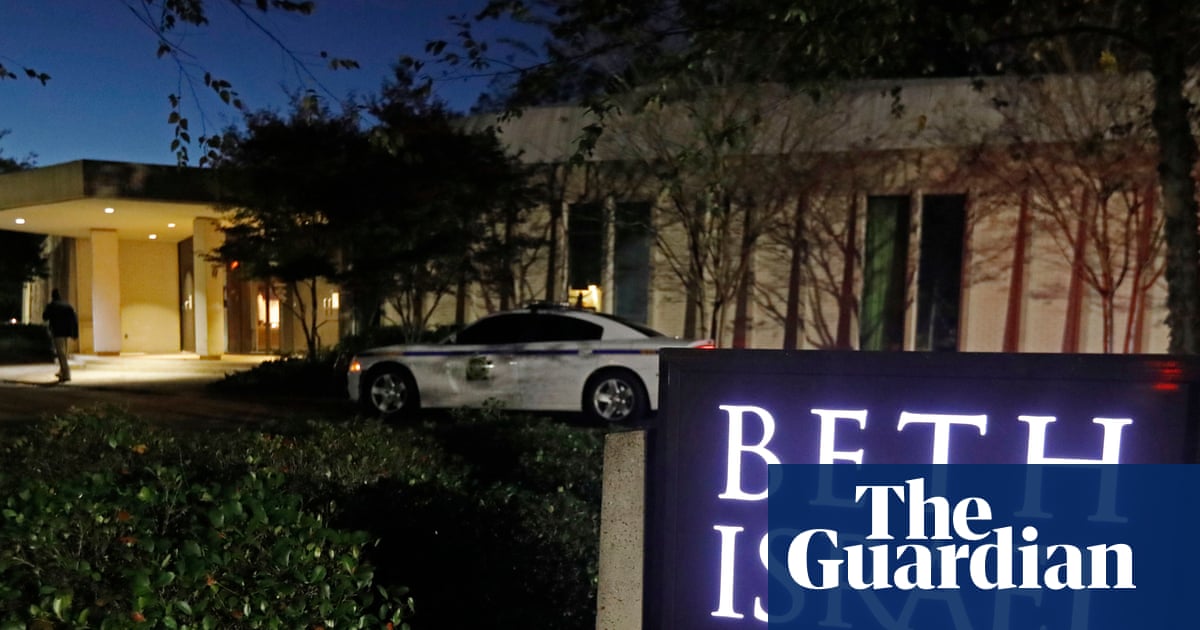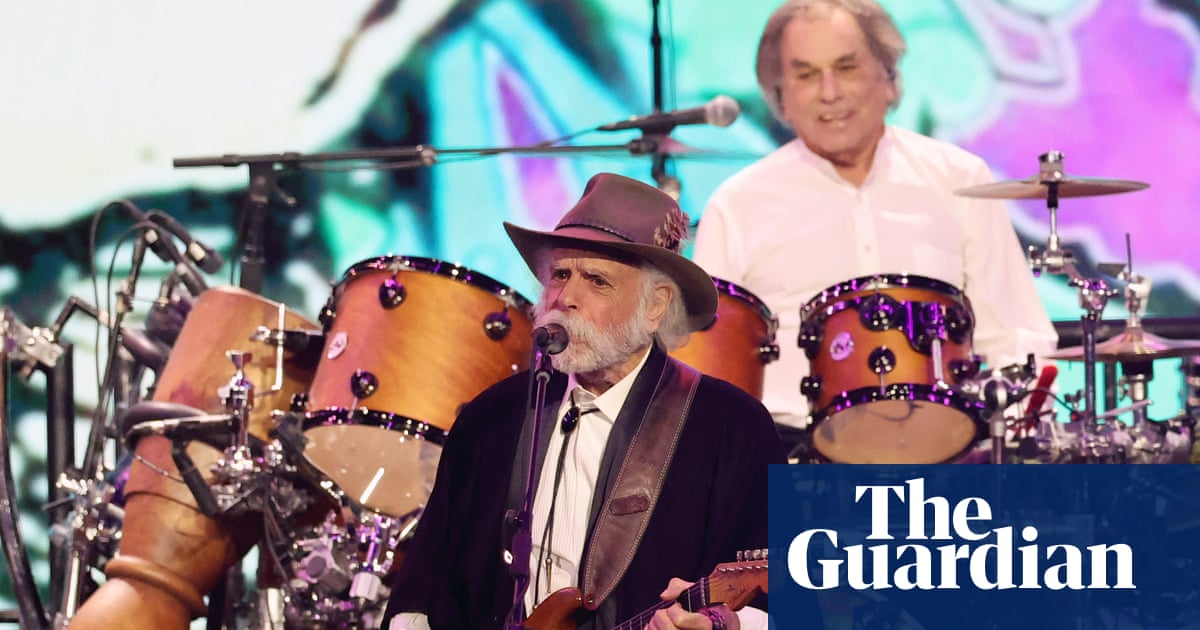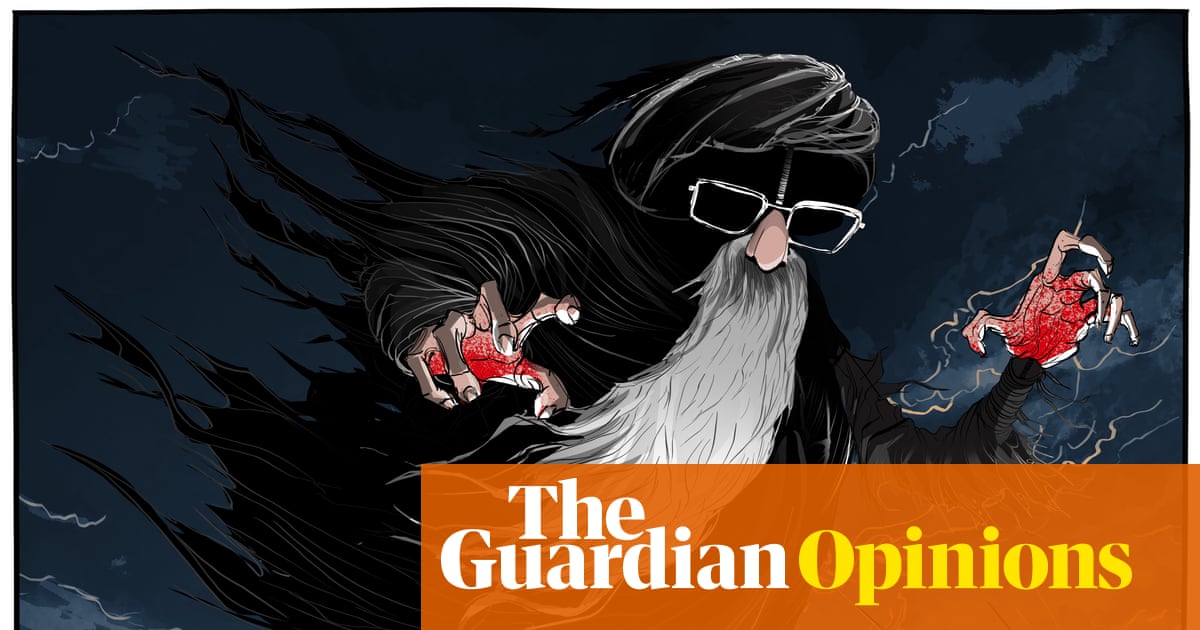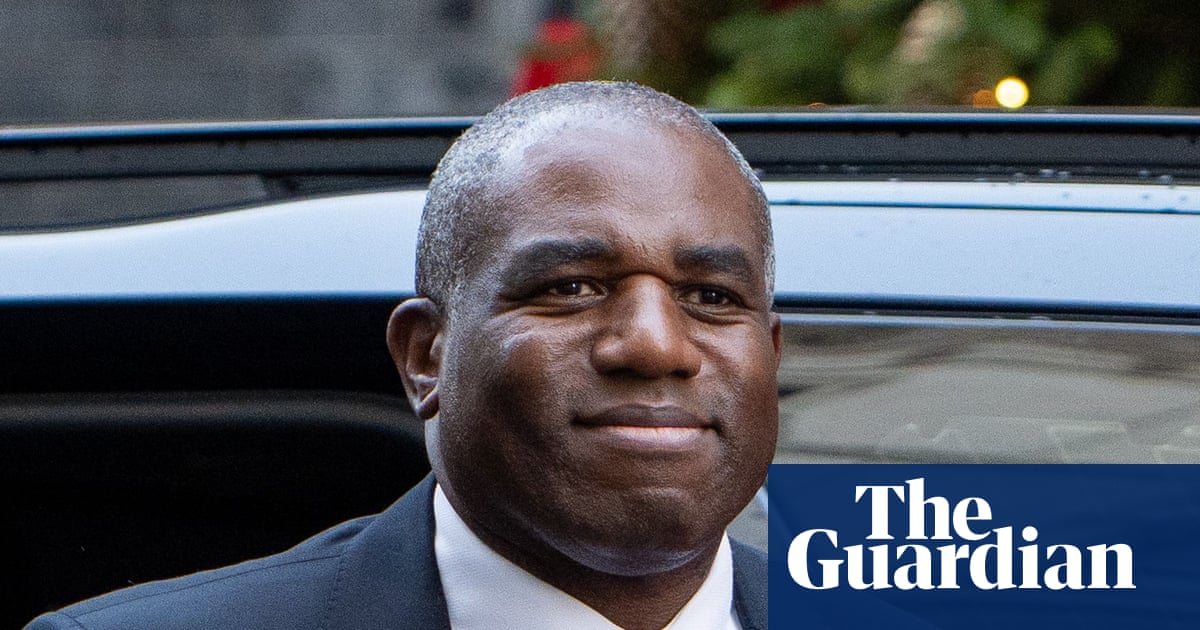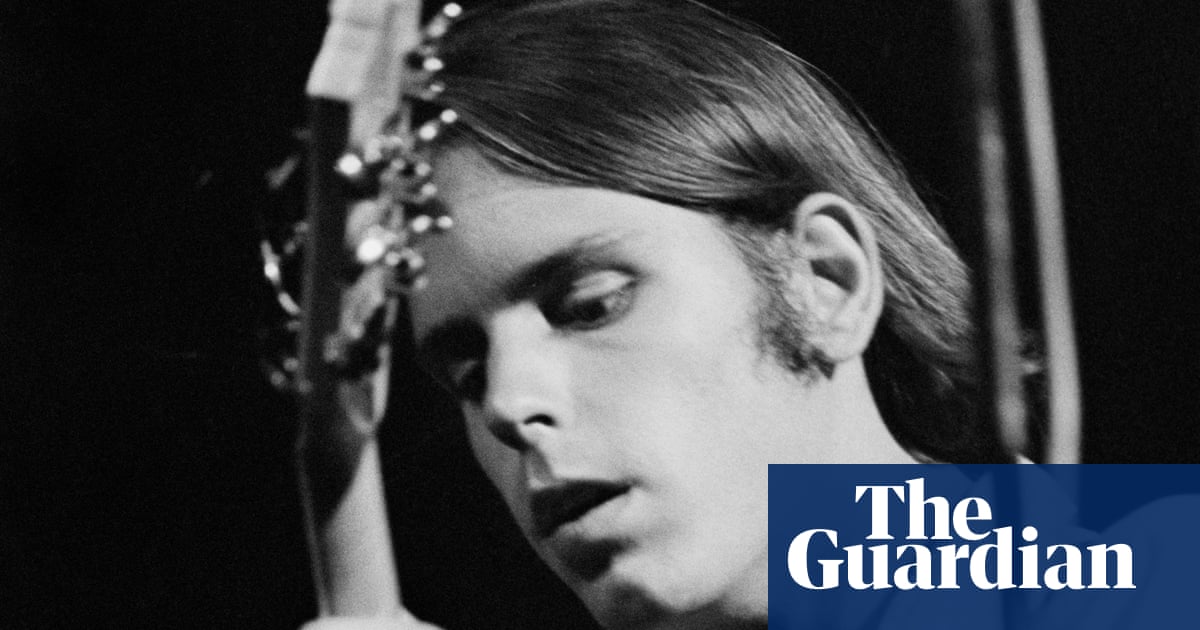This time last year, I had just moved back to Britain from the US and was enjoying the almost universal envy of American friends. While they were looking down the barrel of a second Trump presidency with its guarantee of chaos and division, we had elected Keir Starmer by a landslide and were feeling pretty pleased with ourselves. I remember people congratulating me on the prescience of my move, which I absolutely took even though politics hadn’t been part of my decision (not least because, for most of 2024, I had assumed Trump would lose). Anyway, here we are a year later and who’s laughing now?
I guess the answer to that is Nigel Farage and his Reform UK party, which has somehow managed to harness the anger, disappointment and shame felt by large numbers of people who voted for and were then let down by Brexit, and are now in search of another fire to light. To this extent, the roots of the rightwing march last weekend and the rise of Reform generally feel broadly of a piece with their US antecedents: a case, at least in part, of people clutching at anything that promises to rip up a system that has serially failed to reward them. What has felt shocking to many of us this year, however, is how quickly the political landscape seems to have changed in this country, and how a leader as frivolous as Farage could get anyone to follow him anywhere, let alone in the direction of No 10.
And by frivolous, I don’t mean in the Trump/Boris Johnson style. You can despise those men while recognising their talent as mass communicators. Farage by contrast is a jackass, a grinning fool roundly mocked to his face by Democrats in Congress earlier this month when he showed up, at the invitation of Republicans, to give evidence before a House judiciary committee on free speech. (Smirking in a way that seemed to poke fun at lingering American assumptions that a British accent makes you cleverer, Jamie Raskin, a Democratic congressman from Maryland, prefaced his remarks to Farage with a sardonic hat tip to the MP’s “erudition”.)
Farage didn’t organise the ‘unite the kingdom’ rally on Saturday, of course; that was Tommy Robinson, the former BNP member with convictions for violence, drug possession and fraud – facts that, British broadcasters were at pains to point out on Monday morning, shouldn’t tar all those who showed up at his march with the same brush. Americans will recognise this as a pivot-point: a parallel moment to that period of Trump’s rise in popularity during which his supporters were given endless sympathetic profiles in the US national press, and invited to explain why following a man who said monstrous things didn’t make them in the least bit venal or monstrous.
Meanwhile, the whiplash speed of Reform and Robinson’s rise means that the country Trump is visiting this week is seemingly very different to the one he went into business with in January. There may be a moment when the US president pauses to admire his own work, and he will surely be gratified to see British white nationalists gaining ground. But he is also a man who abhors and is quick to distance himself from “losers” – a category into which, arguably, his pal the prime minister currently falls, and who we can assume he will drop as quickly as he embraced him.
For the rest of us, it is a question of waiting to see how much traction our own version of the Maga movement will have. There are crucial differences between the two countries that leave certain large constituencies who came out in the US for Trump without direct British equivalents. British white nationalism nods to the Christian church as an influence, but evangelical Christianity has no purchase in a country where, historically, foxhunting is a bigger wedge issue than abortion. And I can’t see JD Vance’s pronatalist leanings, rooted in his fanatical Catholicism, being much of a goer here, either. In fact – and this may be pure jingoism on my part – Vance strikes me as the type of American who even Britons on the far right might regard instinctively as a creepy little piece. On the other hand, if enough people are willing to pledge allegiance to a thug or an ambitious pub bore, these are differences that may hardly matter.
-
Emma Brockes is a Guardian columnist

 3 months ago
102
3 months ago
102





